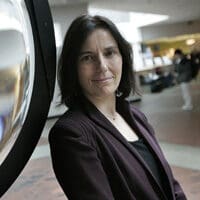Overview
This conference’s proposed dialogue on compassion may be conceived as involving an exchange of theoretical views between Tibetan Buddhism and Western science on human nature and its capacities. If so, the dialogue on the Western side might begin by asking about the significance of the fact that the Western sciences of life and mind have historically paid much less attention to the human capacity for loving and caring emotional states than they have to the human capacity for violent, destructive behavior. Indeed, Western science has often assumed that human beings are “naturally” violent and selfish. Alternatively, we may suppose that the topic of this meeting invites an exchange of views on the practices embodied in Buddhism versus science respectively, and how far each are explicitly directed towards the cultivation of compassion. Many scientists once argued that the discipline of the scientific method itself was morally elevating, and that cultivation of scientific rationality would save humanity from its own dark and selfish tendencies, and promote right action. The case of medical science in Nazi Germany provides us with an opportunity to explore reasons for questioning this belief. Having looked at theory and practice separately, we may conclude our attempt to conceive the relationship between science and compassion by asking what relationship exists between scientific theories of human nature on the one side, and science’s understanding of its practical role in society on the other. How can science combine an interest in learning more about compassion with a commitment to instantiating ideals of compassion in its own research practices?
- Dialogue 59 sessions
- October 2, 1995Dharamsala, Himachal Pradesh, India


